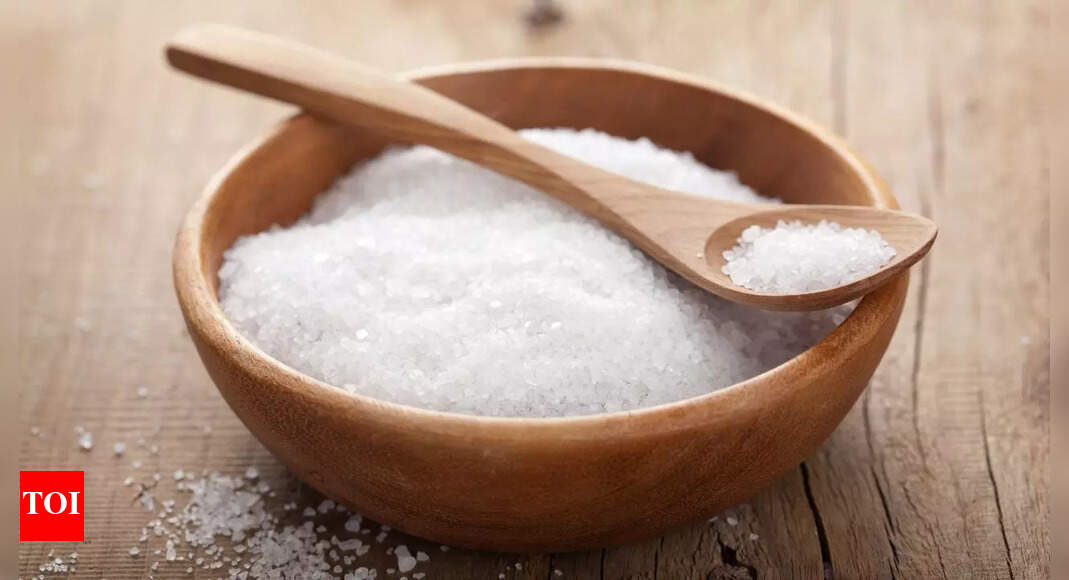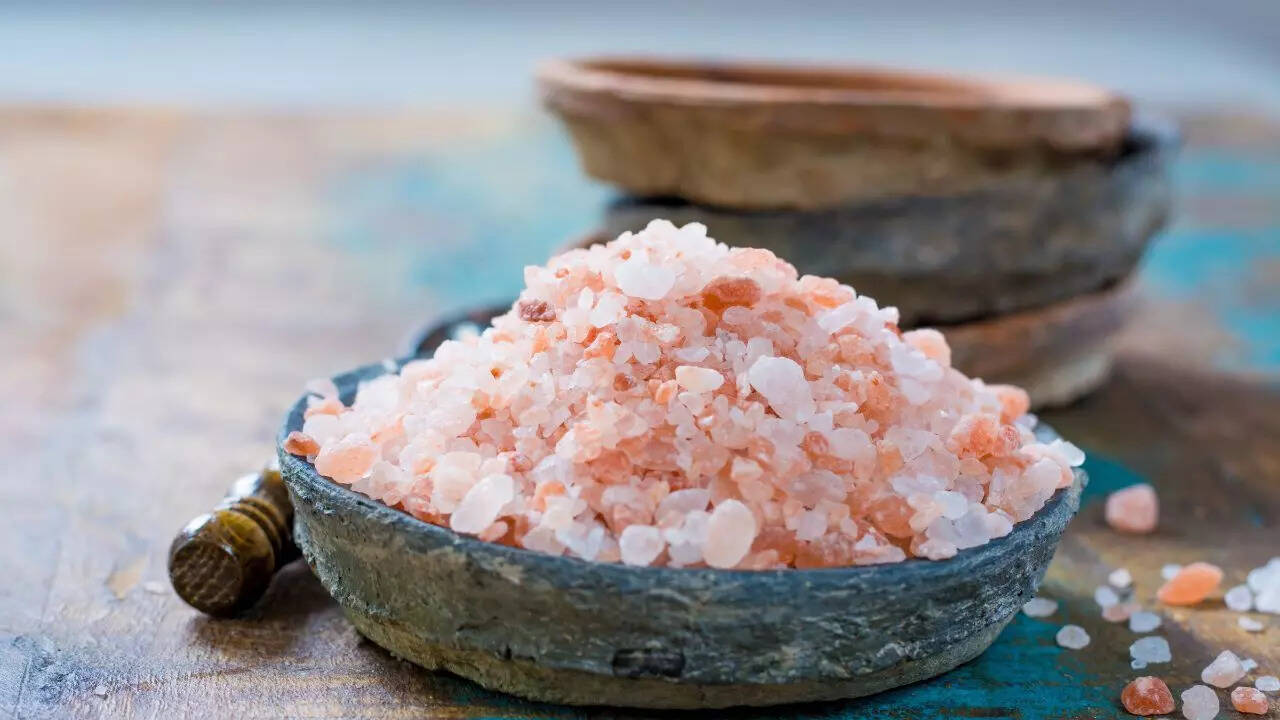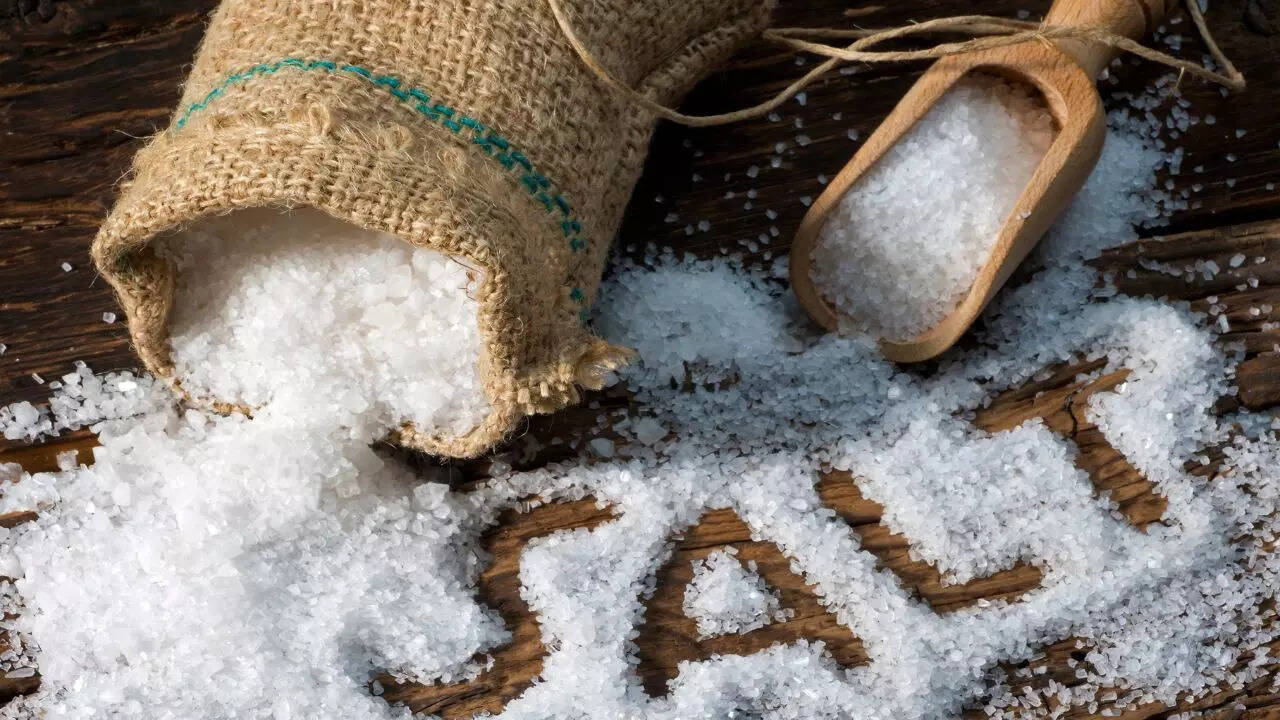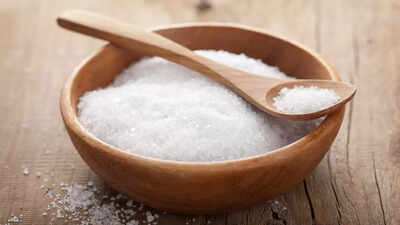
Salt is one of the most essential minerals for our body. It helps regulate fluid balance, supports nerve function, and maintains proper muscle activity. While excessive salt intake is often linked to heart problems, drastically reducing it can also be harmful, yet many people underestimate this risk.Recently, a viral TikTok post by Harvard doctor Dr. Saurabh Sethi highlighted this issue. In the video, he warned that consuming less than a teaspoon of salt per day can have unintended consequences, potentially affecting blood pressure, metabolism, and overall energy levels. His message quickly gained attention because it challenges the common belief that less salt is always safer.A study published in the New England Journal of Medicine supports the importance of maintaining adequate sodium intake, showing that both excessively low and high sodium levels can negatively impact cardiovascular and metabolic health. In this article, we break down the five key dangers highlighted in Dr. Sethi’s TikTok post, explain why salt is vital for your body, and provide practical tips to maintain the right balance without overdoing it.
5 dangers of low salt intake you should know

Understanding the risks of extremely low salt intake is crucial. Here are the five main dangers highlighted by Dr. Sethi:
Danger 1: Low salt intake can cause blood pressure problems
When your body doesn’t get enough salt, blood volume can shrink, which often leads to low blood pressure. This can make you feel dizzy, lightheaded, or unusually fatigued, especially when standing quickly. Paying attention to these warning signs is crucial to avoid further complications.
Danger 2: Electrolyte imbalance from insufficient salt consumption
Sodium works together with potassium and other electrolytes to regulate nerve impulses and muscle function. Too little salt can disturb this balance, leading to muscle cramps, weakness, spasms, and even heart palpitations. Salt isn’t just for taste; your body’s electrical system needs to function properly.
Danger 3: Metabolic disruption due to low salt intake
Eating very little salt can affect your metabolism. Low sodium triggers your body to conserve water and sodium, which can interfere with insulin sensitivity and other metabolic processes. Over time, this may lead to fatigue, sluggishness, and other metabolic issues.
Danger 4: Hormonal strain from inadequate salt consumption
Your adrenal glands work harder when salt intake is too low, releasing hormones like renin, aldosterone, and cortisol to maintain balance. Prolonged strain can disrupt hormone levels, increase stress, and worsen feelings of fatigue, making your body work overtime just to keep basic functions in check.
Danger 5: Risk of severe sodium deficiency
In extreme cases, very low salt consumption can cause hyponatremia, where sodium levels in the blood drop dangerously low. This can lead to headaches, nausea, confusion, and in severe situations, seizures or brain swelling. While rare, it is a reminder that salt is essential, not optional.
How to maintain a healthy salt intake

Aim for moderation
Most adults benefit from roughly 1,500–2,300 mg of sodium daily, about two-thirds to one teaspoon of salt. Adjust based on activity, climate, and personal health.
Listen to your body
Signs like dizziness, muscle cramps, or fatigue can indicate too little sodium. Pay attention and adjust your intake accordingly.
Include natural foods to balance salt consumption
Whole foods such as vegetables, meats, and nuts provide essential minerals. Season with salt to taste rather than relying solely on processed foods.
Adjust for activity levels
If you sweat a lot or exercise intensely, your body may need slightly more salt to maintain electrolyte balance.
Consult a healthcare professional about your salt intake
If you have heart, kidney, or blood pressure issues, always tailor your salt intake under medical guidance.Dr. Sethi’s viral TikTok post reminds us that while too much salt can be harmful, too little salt is equally risky. Consuming under a teaspoon a day can trigger blood pressure problems, metabolic disruption, electrolyte imbalance, and adrenal strain. The key is balance. By seasoning smartly, listening to your body, and making adjustments based on lifestyle and health, you can enjoy the benefits of salt without tipping into danger.Disclaimer: This article is for general informational purposes only and is not a substitute for professional medical advice, diagnosis, or treatment. Always seek the guidance of a qualified healthcare provider regarding any medical condition or lifestyle change.Also read| Why do avocados turn brown so fast, and how to keep them fresh







